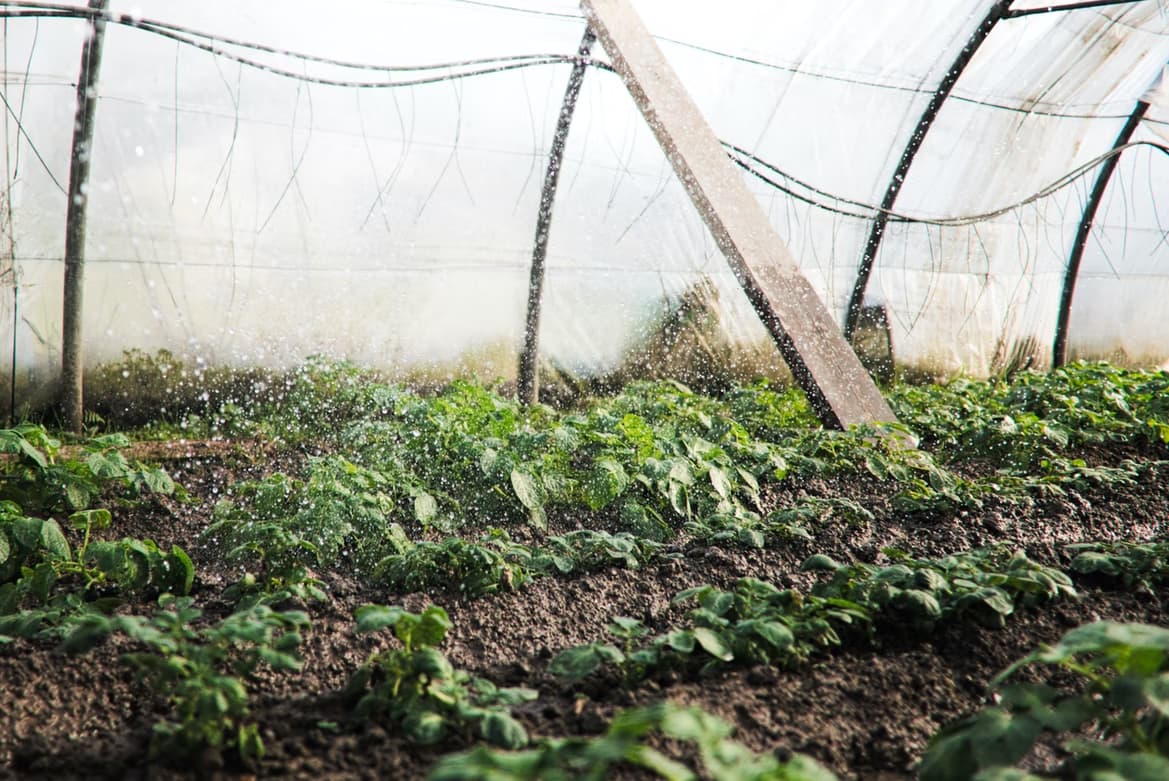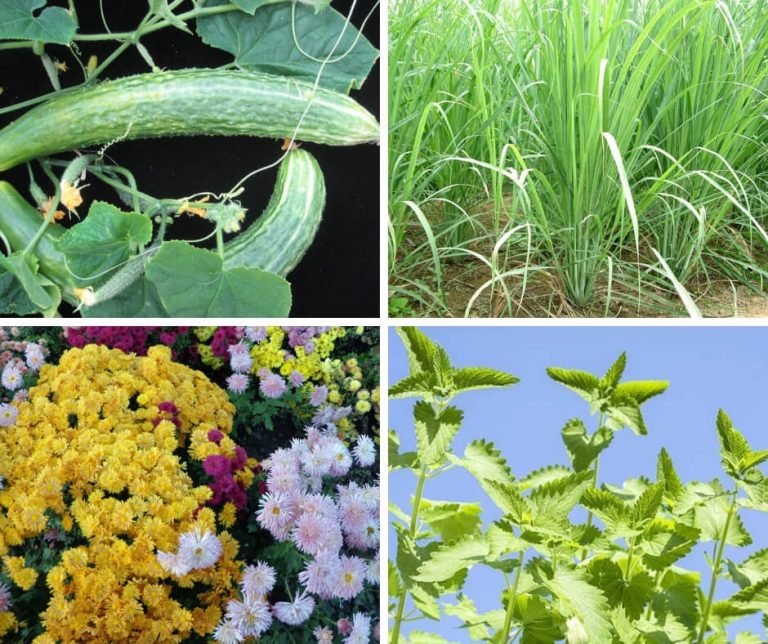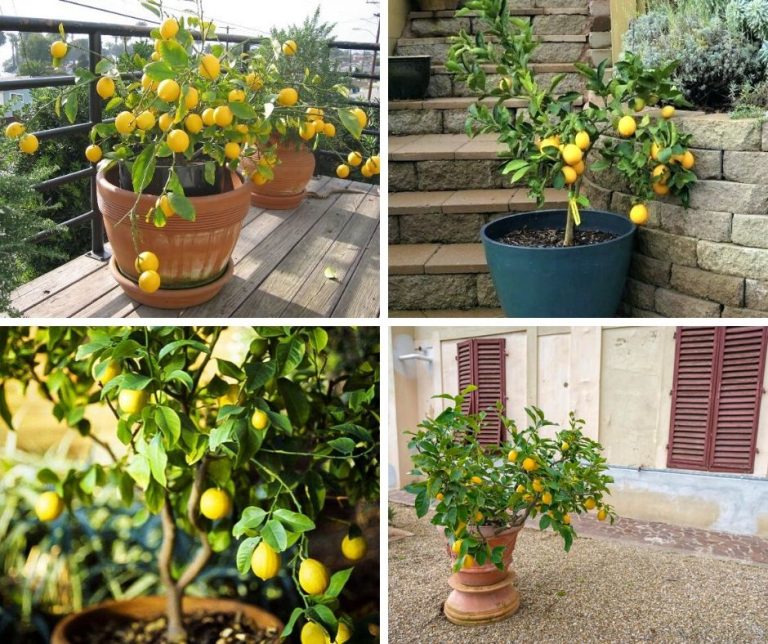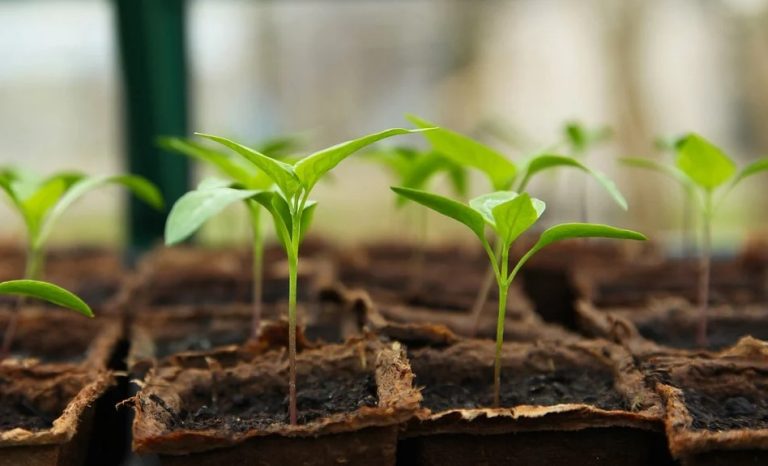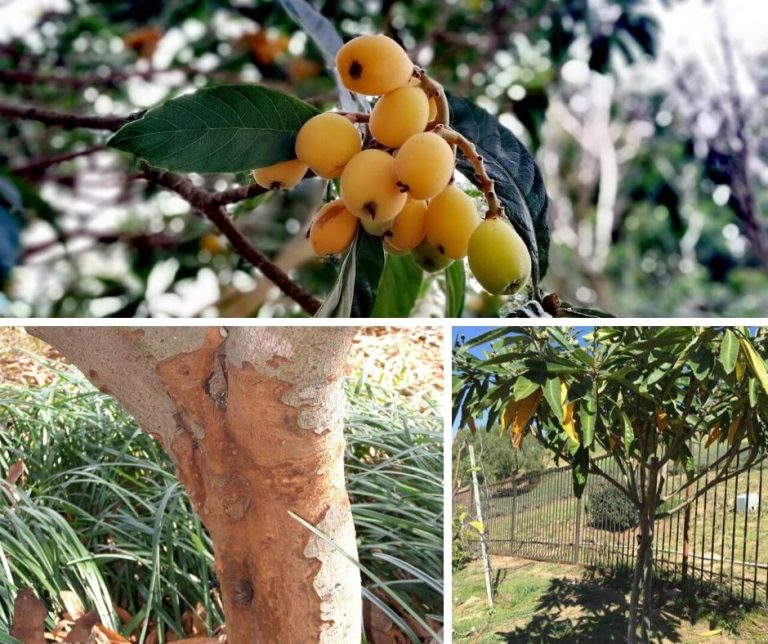How DIY Gardeners Can Protect Their Rights if Exposed to Harmful Plant Toxins
If you’re a gardener, you know that using harmful chemicals on your plants can be risky. Not only are you exposing yourself to potential harm, but you could also be putting your family and pets at risk. In some cases, exposure to these toxins can even lead to death.
While it’s important to take precautions when using any kind of chemical in your garden, it’s also important to know your rights if you or someone you love is exposed to a harmful plant toxin. This article will provide an overview of what you need to know about your legal rights if you’re exposed to a toxin while gardening.
Table of Contents
Gramaxone
If you are a gardener, you may have heard of Gramaxone. Gramaxone is a brand name of Paraquat – a herbicide that is used to kill weeds. It is also used to kill grasses and other plants that compete with crops for nutrients and water. Gramaxone can be purchased in both liquid and granular form.
When used as directed, Gramaxone is safe for humans and animals. However, if you are exposed to high levels of this herbicide, you may experience pesticide poisoning. Gramaxone exposure shows common symptoms of poisoning that include nausea, vomiting, diarrhea, headache, dizziness, and convulsions. If you experience any of these symptoms after being exposed to Gramaxone, seek medical attention immediately.
If you have been exposed to Gramaxone and have suffered health complications as a result, you may be entitled to compensation. An experienced pesticide injury attorney can help you understand your legal rights and options. Contact a lawyer specializing in toxic product exposure if you think your symptoms are caused by improper packaging of the product or inappropriate or negligent application of the product.
Malathion
As a passionate gardener, you likely take every precaution to ensure that your plants are healthy and free of pests. However, sometimes even the most diligent gardeners can find themselves dealing with an infestation. If you find yourself in this situation, you may be considering using malathion to kill the pests.
Malathion is a common pesticide that is used to kill a variety of insects. It is relatively inexpensive and easy to use, which makes it a popular choice for many gardeners. However, what many people don’t realize is that malathion can also be harmful to humans.
Exposure to malathion can cause a variety of health problems, including headaches, nausea, and dizziness. In more severe cases, it can lead to difficulty breathing, convulsions, and even death. If you have been exposed to malathion, it is important to seek medical help immediately.
In some cases, exposure to malathion may also result in legal action. If you or someone you know has been harmed by exposure to this pesticide, you may be able to file a lawsuit against the manufacturer. These lawsuits can help hold companies accountable for the injuries they cause and provide compensation for the victims.
If you have been exposed to malathion, do not hesitate to contact a personal injury lawyer today. A qualified attorney will be able to review your case and help you determine if you have a valid claim. With the help of a lawyer, you can protect your rights and get the compensation you deserve.
Know the other harmful garden chemicals
Many common household plants and garden chemicals can be dangerous if inhaled or ingested. Some of these toxins can cause serious health problems, including liver damage, cancer, and reproductive defects. The most dangerous garden chemicals include:
- 2,4-Dichlorophenoxyacetic acid (2,4-D): 2,4-D is a herbicide that is used to kill weeds. It is often sold under the brand names Dicamba and Roundup. If inhaled, 2,4-D can cause nose and throat irritation. If swallowed, it can cause gastrointestinal bleeding and liver damage.
- Glyphosate: Glyphosate is a herbicide that is used to kill weeds. It is often sold under the brand names Roundup and Rodeo. Glyphosate can cause skin irritation and eye damage. If swallowed, it can cause liver damage.
- Chlorpyrifos: Chlorpyrifos is an insecticide that is used to kill insects. It is often sold under the brand name Dursban. If inhaled, chlorpyrifos can cause nose and throat irritation. If swallowed, it can cause gastrointestinal bleeding and liver damage.
- Triclosan: Triclosan is an antimicrobial chemical that is used in many household products, such as soap, toothpaste, and deodorant. It is also used in some garden products, such as fungicides and insecticides. Triclosan can cause skin irritation and eye damage. If swallowed, it can cause liver damage.
Knowing which chemicals are harmful is the first step in protecting yourself and your family from exposure. When you gain this knowledge, you can think of non-toxic alternatives for controlling garden pests. Also, you know the next steps you can take if you can identify the chemical that caused the exposure or poisoning.
Know the signs and symptoms of exposure to harmful garden chemicals
If you have been exposed to any of these chemicals, it is important to seek medical attention immediately. Symptoms of exposure to paraquat include coughing, difficulty breathing, and chest pain.
Symptoms of exposure to 2,4-D include nausea, vomiting, and diarrhea. Symptoms of exposure to glyphosate include skin irritation, eye irritation, and difficulty breathing. Symptoms of exposure to chlorpyrifos include nose and throat irritation, coughing, and difficulty breathing. Symptoms of exposure to triclosan include skin irritation, eye irritation, and gastrointestinal upset.
Know how to protect yourself from exposure to harmful garden chemicals
There are three main ways that you can be exposed to plant toxins: through the skin, by inhaling them, or by ingesting them. Skin contact is the most common way that people are exposed to plant toxins.
The symptoms of exposure depend on the type of toxin and the amount that you are exposed to. Inhaling toxins can also be dangerous, and breathing in large amounts of certain toxins can even be fatal. Finally, ingesting plant toxins can also be harmful, and in some cases, poisonous.
There are several steps you can take to protect yourself from exposure to these harmful chemicals. First, always wear gloves when handling any garden chemicals. Second, be sure to read the labels carefully and follow the instructions for use. Third, store all garden chemicals in a cool, dry place out of the reach of children and pets. Finally, if you must use these chemicals, be sure to ventilate the area well and wash your hands thoroughly afterward.
Seek medical attention immediately
If you believe you have been exposed to a harmful plant toxin, it is important to seek medical attention immediately. Depending on the severity of the exposure, you may need to be hospitalized.
Be sure to tell the medical professionals exactly what you were exposed to and how much. This will help them treat you more effectively. In some cases, you may also need to contact the poison control center.
If you have any questions about your rights as a DIY gardener, or if you believe you have been exposed to a harmful plant toxin, please contact a personal injury attorney. You may have the right to receive compensation if you are injured by plant toxins. You also have the right to file a lawsuit if you believe that the exposure was caused by someone else’s negligence.
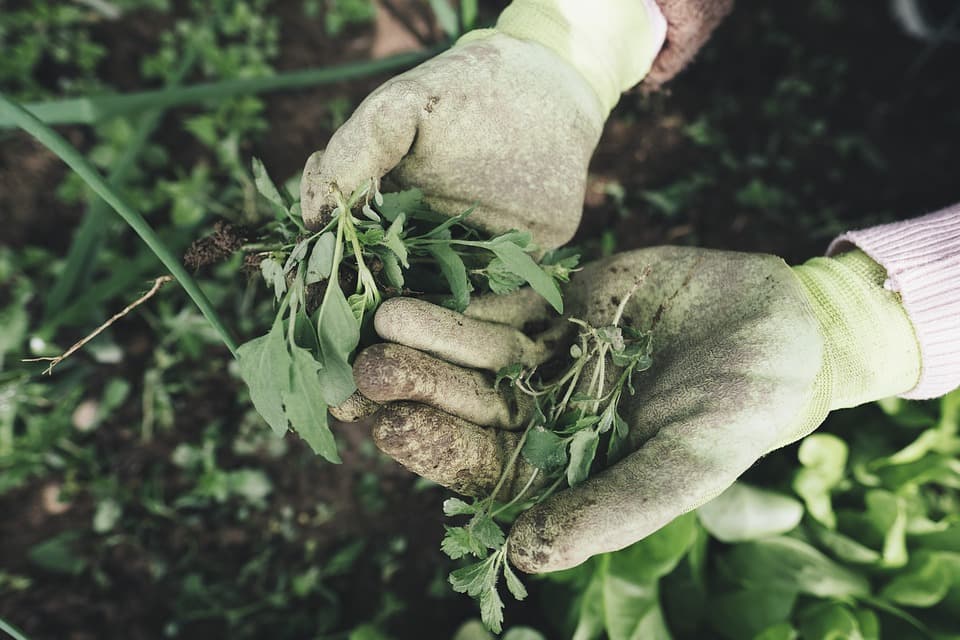
If you’re exposed to a harmful plant toxin, you have several legal options available to you. You can file a personal injury claim, workers’ compensation claim, or wrongful death claim depending on the circumstances.
It’s also important to seek medical attention as soon as possible after being exposed to the toxin. An experienced personal injury lawyer can help you navigate the legal process and get the compensation you deserve.

